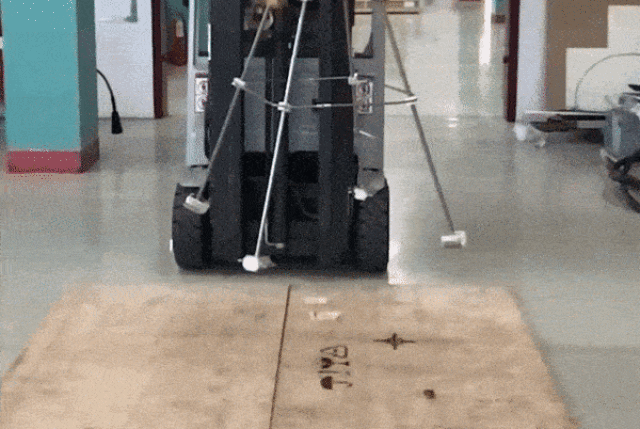The project of the S7 group of companies, within which it was supposed to create a light launch vehicle, has been frozen, part of the team of designers and developers is likely to be reduced. This was reported to N + 1 by one of the project engineers. The press service of the S7 company did not answer N + 1's questions.
In September 2020, the development center of the S7 Group of companies announced its intention to create a two-stage launch vehicle with a liquid-fueled engine and a returnable first stage. It was assumed that a medium-class carrier would be created on the basis of this rocket in the future, which, in turn, was considered as a replacement for Zenit for the Sea Launch cosmodrome, which is now owned by S7.
The Sea Launch platform was adapted to launch satellites using a Zenit rocket manufactured by the Ukrainian Yuzhmash plant. Back in 2016, Russian space leaders announced their intention to create a new rocket to replace Zenit. Now Roscosmos is considering the Soyuz-5 rocket, which is being built at the Progress Samara RCC, as such a replacement.
Its own S7 rocket was supposed to become very advanced technologically — it was supposed to widely use the friction welding method with mixing, abandon milling of the power set, and widely use 3D printing. You can read more about the technological innovations in this rocket in the material "Stop chewing waffles" .
The engineers of the S7 Development Center were going to focus on creating fuel tanks and a rocket control system, and the engines — the most technically complex element of the carrier — were to be purchased from third-party enterprises.
In October 2021, the Development Center was joined to the S7 Space company. At that time, the team was developing technological demonstrators. One of these demonstrators was a flying stand for testing control systems and computing systems, which was supposed to fly on a turbojet engine with a thrust of 50 kilograms. The stand was supposed to automatically maintain balance on one jet engine, while performing the flight program.
However, now the company has decided to freeze the project, development funding has been stopped. One of the reasons for the closure was the problems of the Russian aviation industry as a whole, as well as difficulties with foreign components, which are now unavailable due to sanctions imposed due to the actions of Russian troops on the territory of Ukraine.
Before the final closure of the project, engineers still hope to have time to test the flying stand. The further fate of their developments is still unknown.
Now there are more and more new space startups that are developing light carriers. The Electron rocket is already flying: the day before yesterday it was caught by helicopter . Earlier we wrote about successful tests of a prototype of a returnable rocket created by the Chinese company Deep Blue Aerospace, and so far not so successful — a light rocket Firefly Alpha .
Ilya Ferapontov


